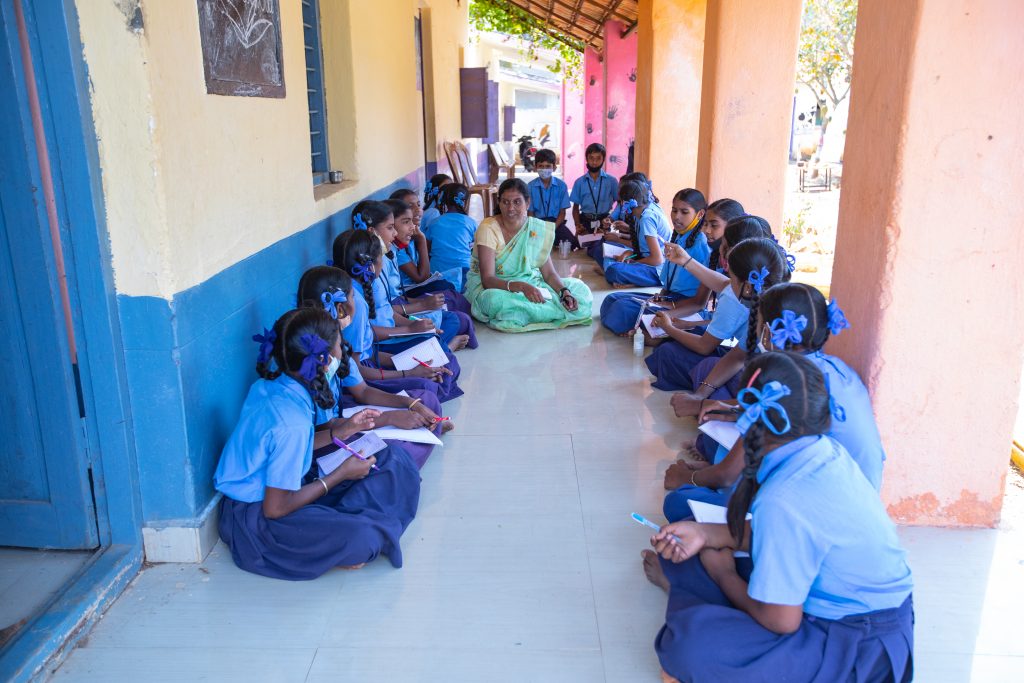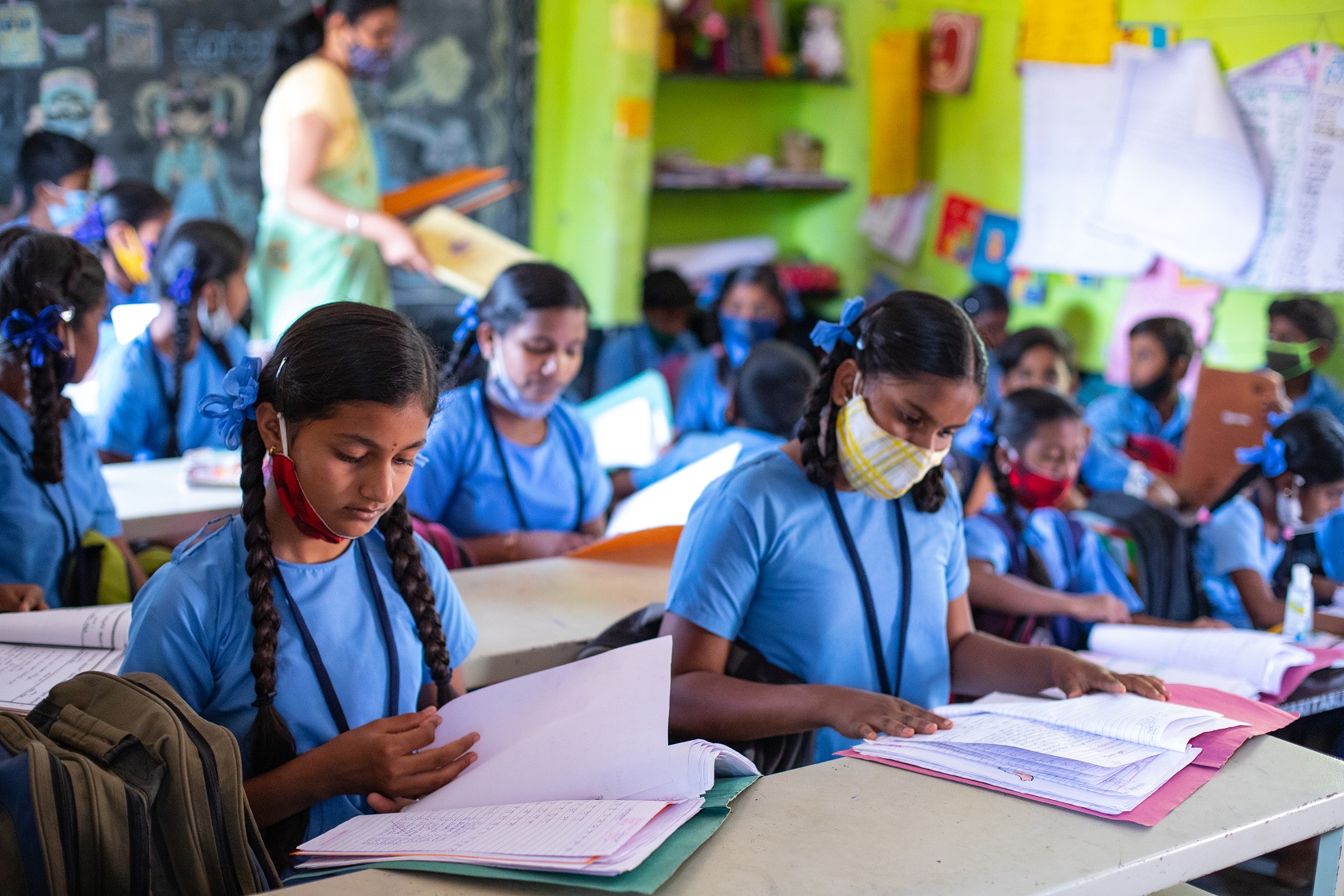PROGRAMME
CIM aligns closely with government priorities in each system to develop intrinsic motivation at scale. Our work focuses on three key areas:

How? Support teachers to create classroom environments in which students are able to reach their potential.
Why? To create inclusive and equitable quality education for all.
Result? Improved grade-level literacy and numeracy in safer, happier and more motivated classrooms.

How? Support teachers through communities of practice, mentoring processes and need-based skill building.
Why? These activities have been shown to increase autonomy, mastery and purpose.
Result? Teachers try out new pedagogies and regularly reflect on their practice, building intrinsic motivation.

How? Build ownership of behaviour change processes and outcomes at school, district and state levels.
Why? Effective, reflective and meaningful use of data is critical to inform improvement.
Result? Each education system will sustain our intrinsic motivation approach over the long term.
The National Education Policy says, “India will have the highest population of young people in the world, over the next decade. Our ability to provide high quality educational opportunities to them will determine the future of our country.”
We’re committed to working alongside national and state governments to support the provision of these opportunities. As well as the National Education Policy, we’re also aligning our activities with:
- The National Literacy Mission – aims that every child in India attains foundational literacy and numeracy by the end of Grade 3.
- The National Curriculum Framework for Teacher Education – focuses on teacher development through mentorship and training.

Over time, we have expanded our activities into three states (Delhi, Karnataka and Tamil Nadu) to reach more than 1.8 lakh teachers and 47 lakh children. Read more about our work in each state below.



